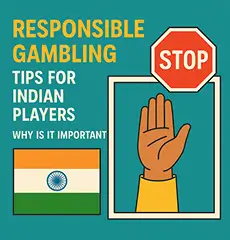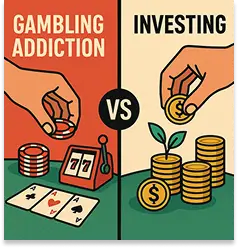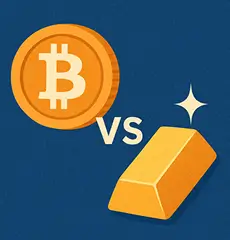Online poker straddles the line between skill and chance. In India, where gambling laws vary by state, understanding that distinction is crucial. This article explores psychological factors, global court decisions, and the Indian context to help readers grasp how regulators classify poker.
The Skill vs Chance Debate
At its core, poker involves both random card draws and strategic play. Proponents of the skill argument note that:
- Experienced players consistently outperform novices over many hands.
- Mastery of tactics—such as bluffing, bet sizing, and reading opponents—affects long-term results.
- Mathematical analysis of odds and probabilities guides decision-making.
Opponents stress that a single hand’s outcome is unpredictable and heavily influenced by chance, especially for casual players.
Key Factors in Decision Making
- Hand Selection: Choosing which starting hands to play based on position and opponent tendencies.
- Betting Strategy: Adjusting bet sizes to manipulate pot odds and pressure opponents.
- Reading Opponents: Observing betting patterns and timing to infer hand strength.
Elements of Chance
- Casino playing cards are shuffled randomly, making any specific hand draw unpredictable.
- Variance: Short-term swings—good or bad—can overwhelm skill for limited play sessions.
Recognizing both components helps explain why courts sometimes differ in rulings.
Major Legal Rulings Worldwide
Different jurisdictions have weighed in on poker’s nature. Below is a summary of landmark decisions:
- United Kingdom: The Gambling Commission classifies poker as a game of skill when played in tournaments, requiring operator licensing.
- United States: Varies by state. In New Jersey, poker is regulated under skill games, while Washington state treats it as chance, barring online play.
- Australia: Federal case law determined poker involves significant skill, though state regulations still restrict online poker.
- Canada: The Supreme Court ruled that poker played against the house (with a rake) constitutes gambling, but private games may be lawful.
India’s Legal Landscape
In India, gambling falls under state jurisdiction. Key points:
- Public gambling is largely banned by the Public Gambling Act of 1867, but states can enact their own laws.
- Skill games—like rummy—are permitted in certain states because they emphasize strategy.
- Several Indian courts have examined poker:
- Andhra Pradesh High Court (2017) recognized poker as a game of skill, allowing organized tournaments.
- Kerala High Court (2018) similarly distinguished skill games from chance games, lifting local bans.
Current Status in India
- States like Sikkim and Nagaland issue licenses for online skill-based games, including poker.
- Maharashtra and Gujarat maintain strict interpretations, treating poker as gambling.
- Players should check their local laws before participating in online poker.
Why the Distinction Matters
Determining whether poker is skill or chance affects:
- Regulation and Licensing: Skill games often face lighter requirements, while chance games attract stricter controls and taxation.
- Taxation: Winnings from skill games may be taxed differently than lottery or casino income.
- Consumer Protection: Licensed skill-based platforms must follow fair-play standards and responsible gaming protocols.
Understanding the balance of skill and chance guides policymakers and players.
The Role of Technology and casino algorithm
Online platforms rely on pseudo-random number generators (PRNGs) and casino algorithm fairness audits:
- PRNGs ensure card shuffles mimic true randomness.
- Independent testing agencies certify game integrity.
- Blockchain and provably fair systems enhance transparency, showing the algorithm behind each shuffle.
These measures reassure regulators and players that games are not rigged toward the house.








